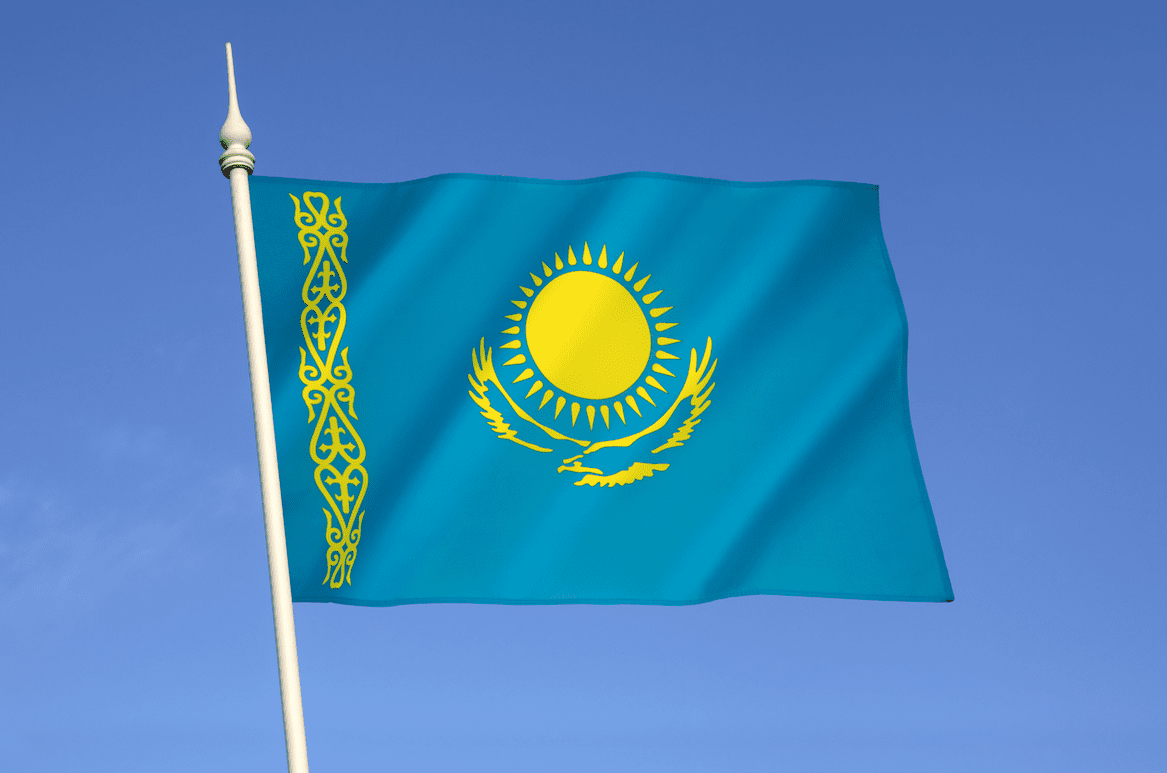Kazakhstan — which only recently became a hotbed for crypto mining after neighboring China’s clampdowns on the energy-intensive activity — is experiencing power shortages in some areas, with a government official pointing the finger of blame at the sector, according to local media reports.
The Central Asian nation plans to accelerate its power-generating capacities in the next few years, but some parts of the country are currently suffering from power shortages, its energy minister Magzum Mirzagaliev said at a government briefing last week, as reported by local media Kazakhstan Today.
Mirzagaliev said there was a huge increase in power consumption recently and national grid operator KEGOC has warned of the rise of power shortages. He said KEGOC should have the right to limit or reduce the electricity consumption of mining data centers. “It is already happening in the south of Kazakhstan,” Didar Bekbauov, a co-founder of Xive, a crypto mining company in Kazakhstan, wrote in a tweet.
Kazakhstan became a sought-after destination for Chinese miners earlier this year when its low electricity prices proved a magnet for miners making an exit from China following the clampdown there.
However, things on the ground in Kazakhstan might not look as appealing, at least for now.
“We have one mining farm in the south of Kazakhstan that has been disconnected from the electricity grid. It’s been three weeks now,” Bekbauov said in an interview with Forkast.News, adding the halted operation accounted for almost half of the company’s total operation. “Some small and medium miners are in a panic. Everybody is looking for some [alternative] electricity.”
As a result, Bekbauov said Xive had to postpone some of its mining facility construction projects with overseas miners and investors.
To mitigate the risks, Bekbauov said the Xive team is looking for alternative power. “We are looking for some opportunities in off-grid mining,” he said. “We are looking for gas power generators … wind generators [and] solar panels. We are looking for options right now — what we can do.”
The Kazakhstani government has promised to address the issue. The energy minister said the country plans to build new power plants providing around 3,000 megawatts of gas-generated electricity in the next five years, according to the local media report. It also plans to commission new renewable energy capacity.
Bekbauov is optimistic over the long-term outlook for miners in the country. He said when the new power plants are built in the coming few years, the deficit risks should be resolved.
Demand accelerated
Many Chinese miners were rushing to the Central Asian nation that shares a border with China after the latter no longer served as a friendly environment for the sector.
For example, the9 Ltd., a Chinese gaming company that only a few months ago pivoted its business to crypto mining, announced in August that it was setting up another joint venture in Kazakhstan to build crypto mining sites there, following its previous deal with another local company.
Chinese mining rig maker Canaan Inc. has also deployed mining operations in Kazakhstan. The Nasdaq-listed company said last month it planned to put more efforts into mining.
“Regarding our self-operated Bitcoin mining program, we plan to continue to deploy computing power to grasp the tremendous opportunities of Bitcoin mining,” Nangeng Zhang, chairman and CEO of Canaan, previously said in a September statement following the release of the company’s second-quarter earnings.
Some other Chinese mining companies, such as BIT Mining, have also bet big on Kazakhstan. It said in August it had delivered 7,849 Bitcoin mining machines with a total hashrate capacity of 292.7 petahashes per second to the country. Of all the machines there, a total of 3,293 machines had been deployed.
As a result, in the second quarter of the year, BIT Mining produced 186 Bitcoins from its mining business, representing about 2.1% of its total net revenue for the quarter.





